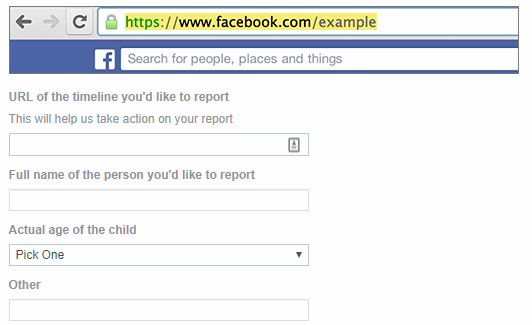

Can you remember what it was like to be in school? Arguments over who had the most expensive trainers, teachers complaining about your haircut or dress sense, and endless amounts of playground gossip.
The latter of those three—playground gossip—moved into the 21st century in November 2014 with the launch of the After School app on iOS and Android.
Ominously, the app’s tagline says it provides “funny anonymous school news for confessions and compliments”. That alone should be enough to set alarm bells ringing.
Let’s take a closer look and why parents shouldn’t let their kids use the After School app.
How Does the After School App Work?
The After School app revolves around anonymous and private message boards for any given school. Messages can take the form of videos, pictures, or regular text. Anyone in a school can see all the messages posted, and users are not identifiable in any way unless they reveal personal details within a message.
Users need to sign-up with Facebook. This enables the app to verify which school users attend based off their profile information and their friends.
1. Bullying
The most obvious criticism of an app of this nature is the potential for bullying.
Cyberbullying has become a huge problem in the last few years. The explosion of social media has taken the harassment away from school corridors and onto the web, a place where it’s much harder to monitor.
The After School app faced massive criticism when it first launched for its inadequate cyberbullying controls. Both the Apple App Store and Google Play Store removed the listing after a slew of complaints.
The app was relaunched in April 2015. It now has live moderators who review every post and tag them with the type of content it contains, along with stricter age verification controls.
2. Out of the Reach of Teachers
Teachers have always taken a somewhat parental role in the classroom; they have a duty of pastoral care to the children in their school.
That duty of care extends beyond being vigilant against bullying. If a child is struggling to keep up with their work, is depressed about their looks or weight, is suffering from problems outside of school, or is showing signs of extreme behavior, they can step in and try to help the situation.
With this app, a child can take their frustrations out from the gaze of both teachers and parents. For example, as reported by Recode one user in Michigan claimed they were going to bring a gun to school. This resulted in a police and FBI investigation before being eventually cleared as a hoax. The authorities never discovered the comment’s author.
3. Age/School Verification

Yes, there are stricter controls in place in terms of verifying a user’s age and school—but the main tool for verification is still Facebook.
This is clearly a recipe for disaster. Children can easily lie about their credentials on Mark Zuckerberg’s network—it already has a problem with underage users. This could potentially grant them access to the message boards of friends’ (or enemies’) schools where they could wreak anonymous havoc.
More worrying, however, is the potential for adults to pose as children and gain access. It would take most internet-savvy people less than five minutes to create a fake Facebook profile that purports to be a 15-year-old school-goer. Add a few people from the school you want to target and you’d presumably be given access.
4. Personal Details
We live in an age of government surveillance, spying programs, and eroding privacies. This is bad enough where adults’ information is concerned, but as a parent, do we not have a responsibility to protect our children from these concerns for as long as possible?
Once again, this comes back to the usage of Facebook. The app’s website says “We use your friends, education, and location information [to verify your school]”. Why should the app have so much information about a minor’s personal life? It’s creepy.
Even if they aren’t using the details for nefarious (read: money-making) purposes, what happens if someone hacks its servers? The app would lose its anonymity in a heartbeat.
5. Impersonation
Just because a user needs to provide their Facebook credentials to verify their school, it doesn’t mean that once they have access to the app they cannot impersonate someone else.
Imagine the age-old scenario of an address for a party given out to everybody. Who is inviting people to this party? Is there even a party? Do these hosts even know there’s going to be gatecrashers arriving? Who would want their child’s address given out like this?
In an interview with The Washington Post, Mya Bianchi, a 15-year-old attendee of Ionia High School in central Michigan, said the following:
“At first it was people saying nice things and complimenting others, and then it turned into bullying. A user posted my phone number along with instructions to contact me for photos, a message that was punctuated by a winking smiley face and icons of a camera and a bikini. After receiving harassing messages, I had to change my number.”
Would you want your kid exposed to that?
Mounting Concerns Over the After School App
The app’s developer is trying hard to present a friendly and open image. There are clearly issues though—a quick search on Google will reveal a mountain of negative press and quotes from concerned parents.
Please reach out and let us know in the comments if the app has affected your child—either positively or negatively. We would love to hear your story.
And if you’d like to learn more about how to keep your kids safe online, check out our list of the best family safety tools and apps.
Read the full article: 5 Reasons Your Kids Shouldn’t Use the After School App


